Our Books on China, Taiwan and Tibet
A select list of some of the books about China, Taiwan and Tibet and authors from these countries.

The Once and Future World Order by Amitav Acharya
Forthcoming | April 2025
Amitav Acharya delves into five thousand years of global history to demonstrate that world order has long existed beyond the West's dominance in his book, The Once and Future World Order. He argues that the retreat of the West opens the door for a fairer, more cooperative global structure where non-Western nations gain greater influence and prosperity.
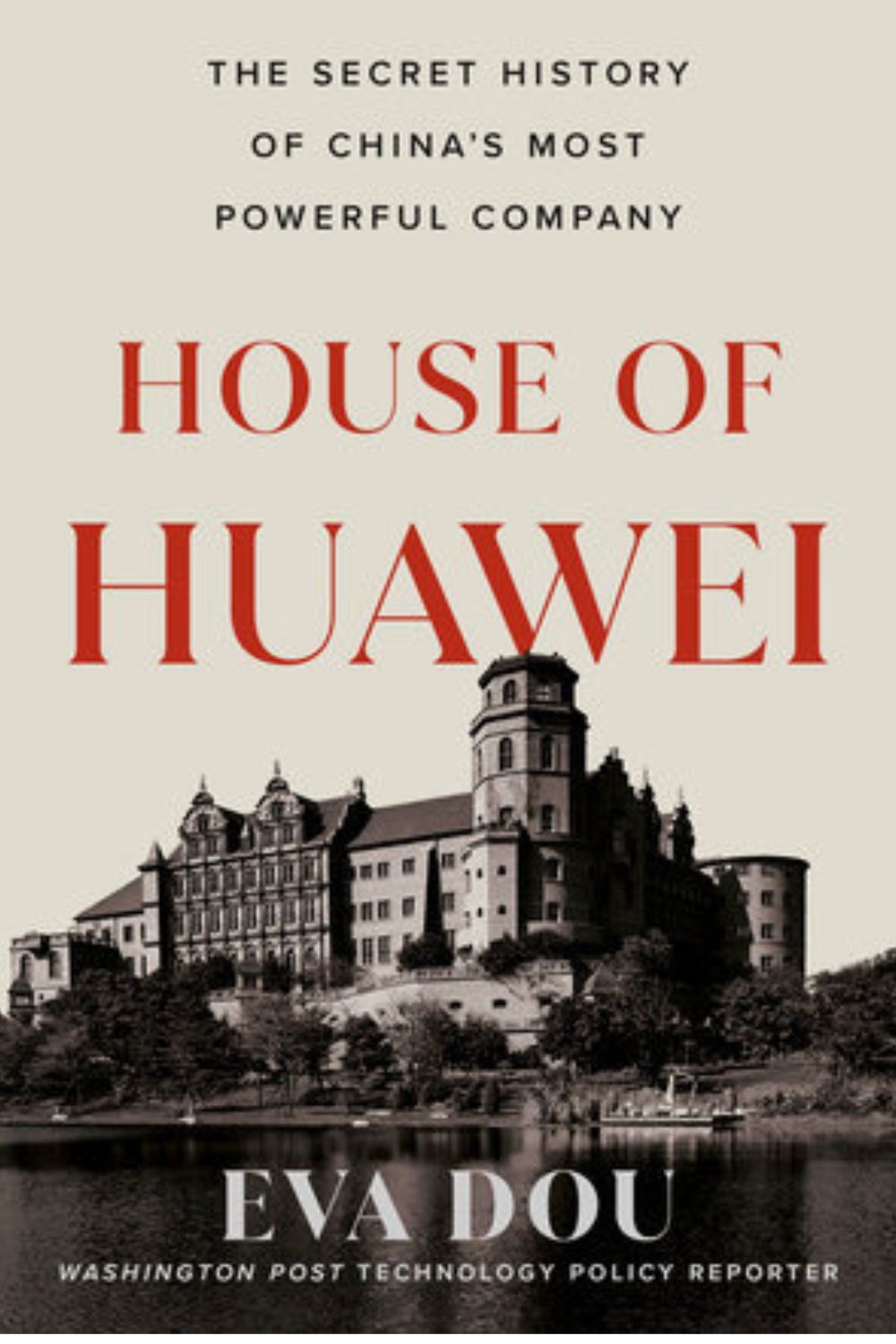
House of Huawei by Eva Dou
Forthcoming | January 2025
Eva Dou's House of Huawei explores the rise of the elusive telecom giant Huawei and its founder, Ren Zhengfei, whose influence has shaken the global tech industry. Through in-depth interviews and research, Dou uncovers how Huawei became a key player in the US-China trade war, shaping the future of global surveillance and power.

Raiders, Rulers and Traders by David Chaffetz
In Raiders, Rulers and Traders | The Horse and The Rose of Empires, scholar of Asian history David Chaffetz tells the story of the steppe raiders, rulers, and traders who amassed power and wealth on horseback from the Bronze Age through the twentieth century. Drawing on a wealth of primary sources—in Persian, Turkish, Russian, and Chinese—Chaffetz presents a groundbreaking new view of what has been known as the “Silk Road,” and a lively history of the great horse empires that shaped civilization.

Dear Chrysanthemums by Fiona Sze-Lorrain
In Dear Chrysanthemums | A Novel in Stories, Fiona Sze-Lorrain crafts a poignant narrative of women bound by their shared struggles and artistic expression. Set across different eras and cities, these stories reveal the deep scars of violence, exile, and survival.
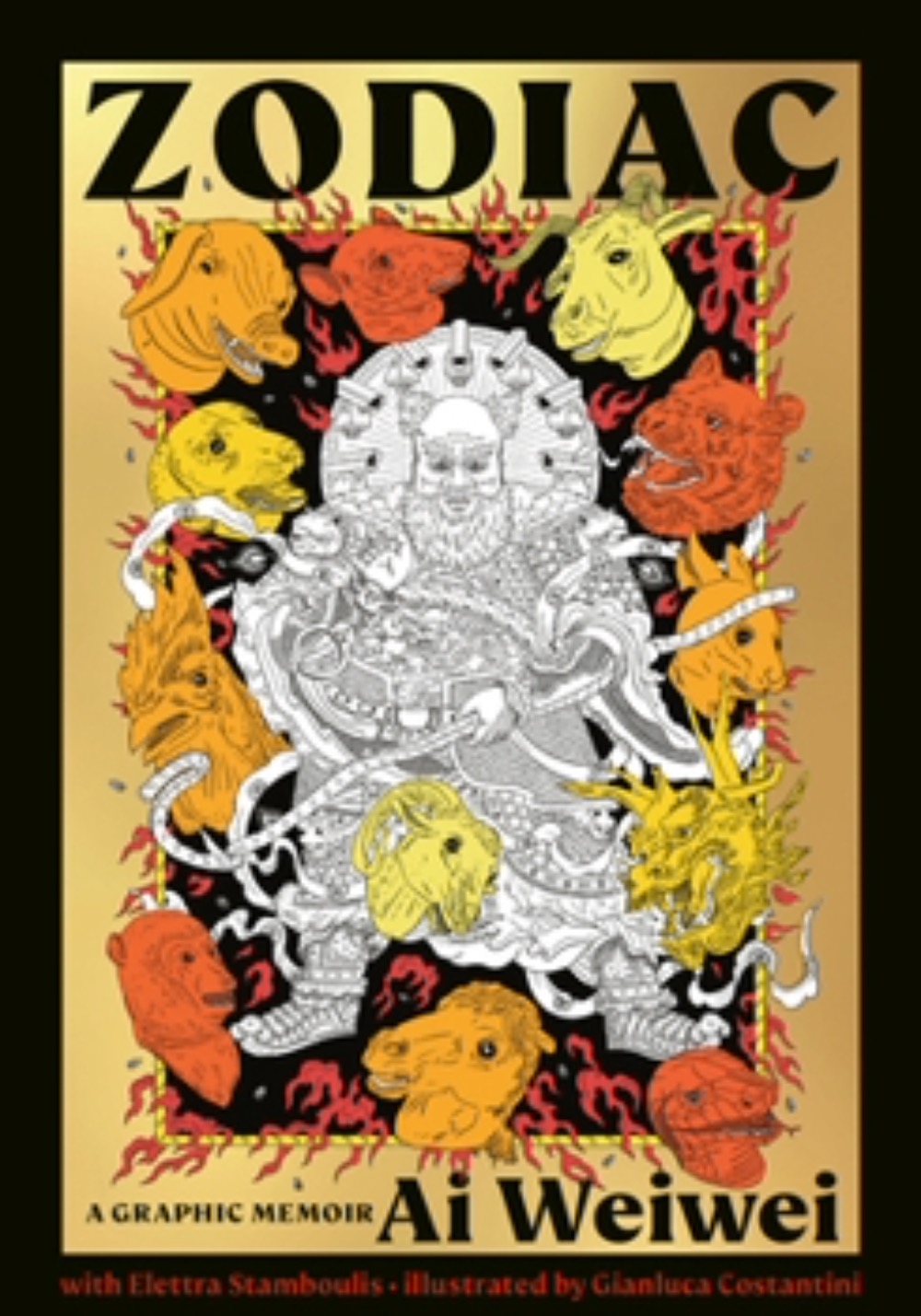
Zodiac by Ai Weiwei
Zodiac | A Graphic Memoir, by renowned artist Ai Weiwei, is an exquisitely illustrated and profoundly philosophical graphic memoir, that delves into the intricate relationship between artistic expression and intellectual freedom, using the Chinese zodiac as a thought-provoking framework. Inspired by the twelve signs of the Chinese zodiac and their associated human characteristics, Ai Weiwei masterfully interweaves ancient Chinese folklore with stories of his life, family, and career.
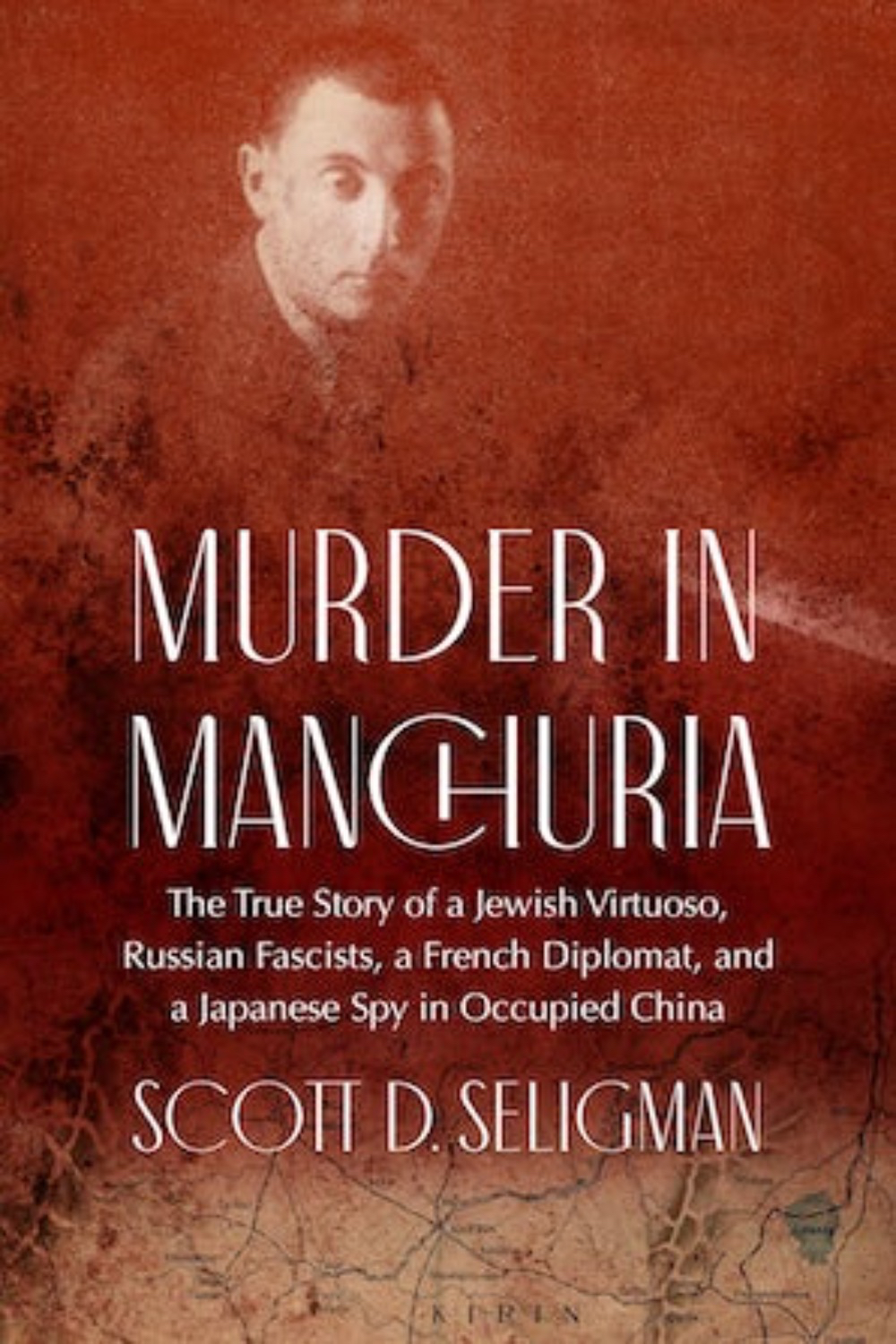
Murder in Manchuria by Scott D. Seligman
Murder in Manchuria | The True Story of a Jewish Virtuoso, Russian Fascists, a French Diplomat, and a Japanese Spy in Occupied China by Scott D. Seligman, a real-life murder mystery set in China. Part cold-case thriller and part social history, the true, tragic saga of Semyon Kaspé is told in the context of the larger, improbable story of the lives of the twenty thousand Jews who called Harbin home at the beginning of the twentieth century.
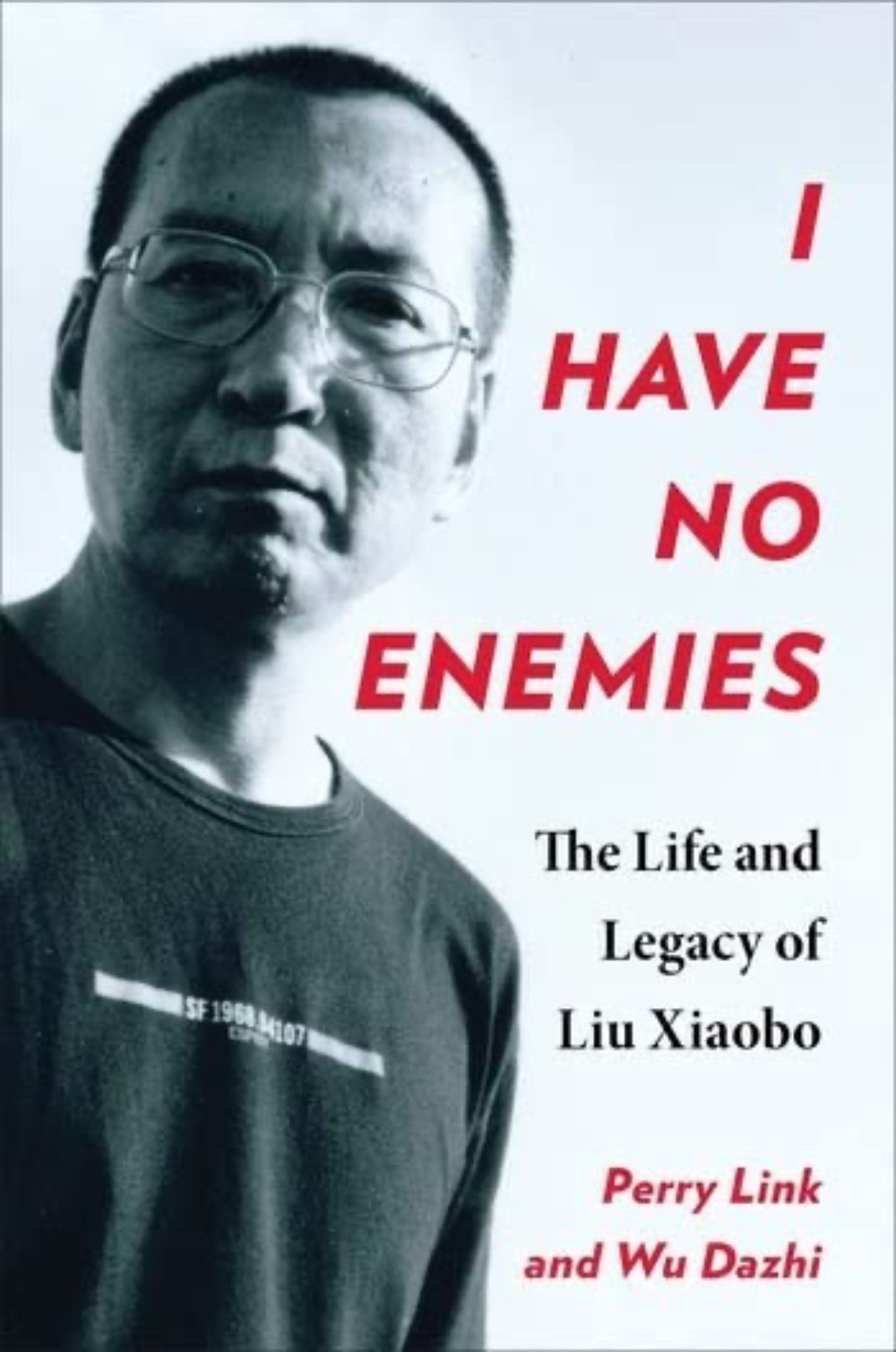
I Have No Enemies by Perry Link and Wu Dazhi
I Have No Enemies | The Life and Legacy of Liu Xiaobo by Perry Link and Wu Dazhi is a fascinating biography of Liu, a Chinese political and human rights activist and Nobel Peace Prize laureate. A powerful record of Liu’s life and times, this book also tells the story of a generation of Chinese intellectuals who sought a better way forward.
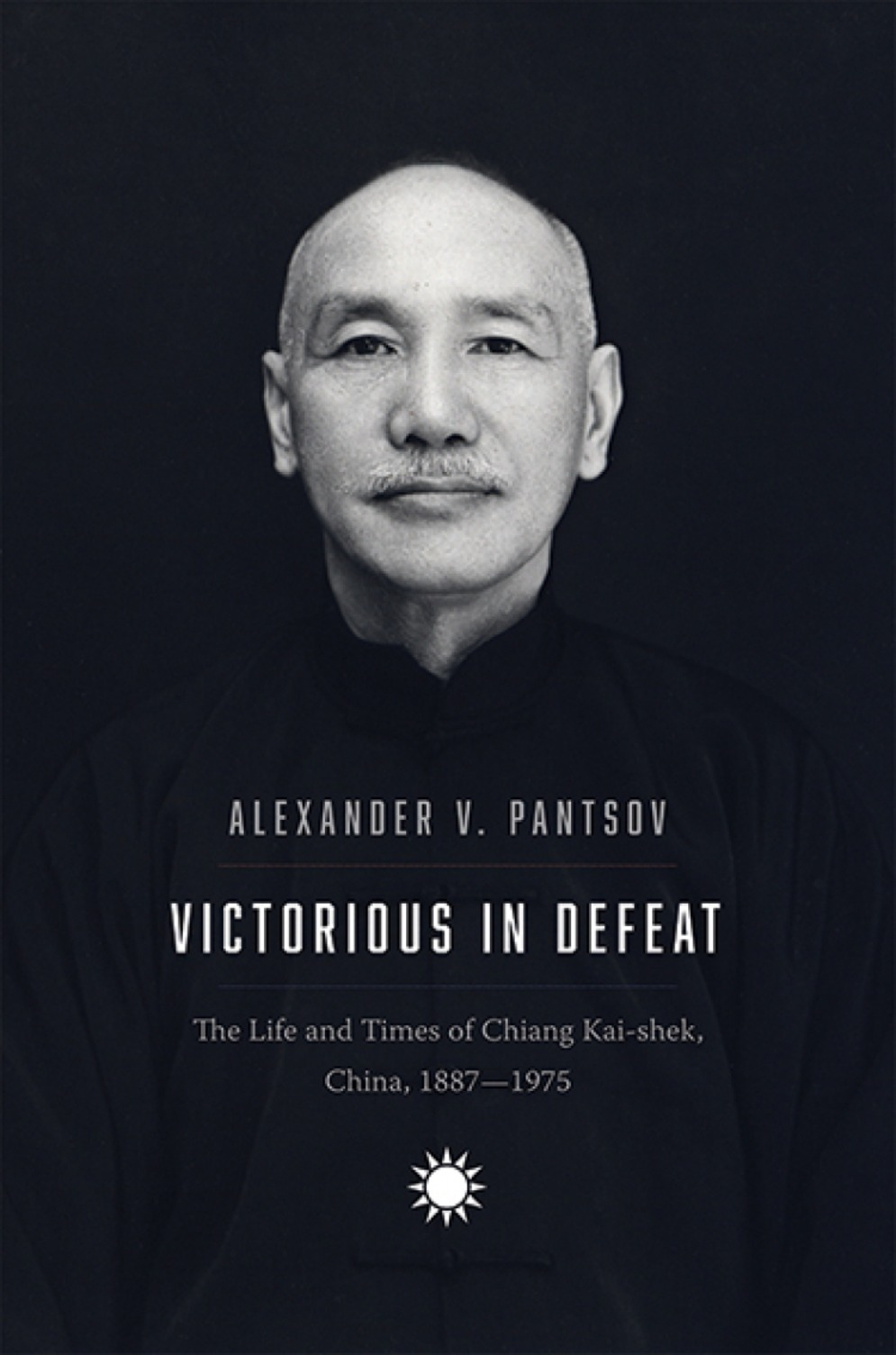
Victorious in Defeat by Alexander V. Pantsov and Steven I. Levine
Victorious in Defeat | The Life and Times of Chiang Kai-shek, China, 1887-1975 by Alexander V. Pantsov and Steven I. Levine looks back on the life of Chinese leader Chiang Kai-Shek. The authors shed new light on the role played by the Russians in Chiang’s political career as well as on Chiang’s complex relationship with top officials of the United States
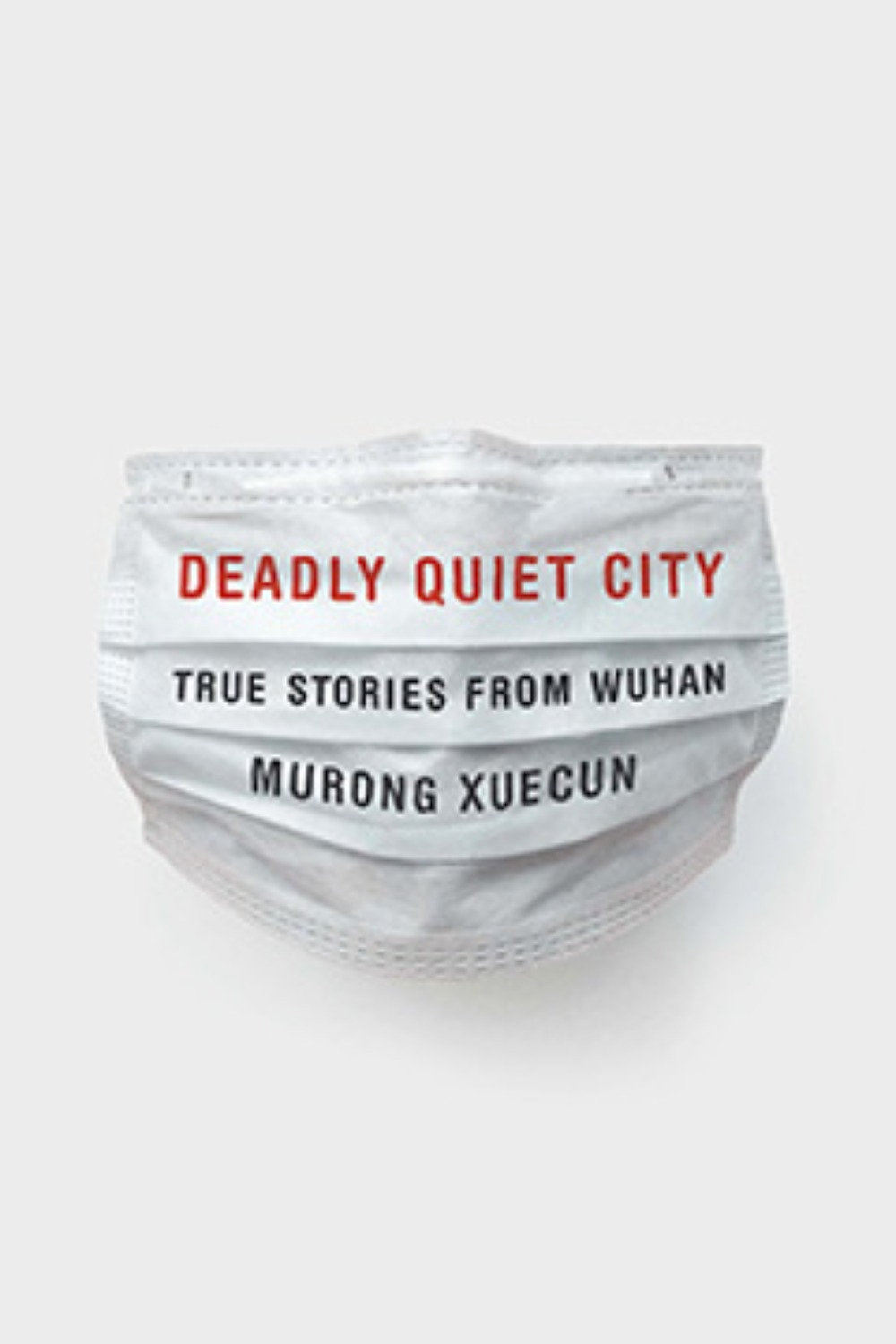
Deadly Quiet City by Murong Xuecun
Deadly Quiet City | True Stories from Wuhan by Murong Xuecun follows the author's time in Wuhan, China at the beginning of the COVID-19 pandemic. In the tradition of Dan Baum’s bestselling Nine Lives, Deadly Quiet City focuses on the remarkable stories of eight people in Wuhan.
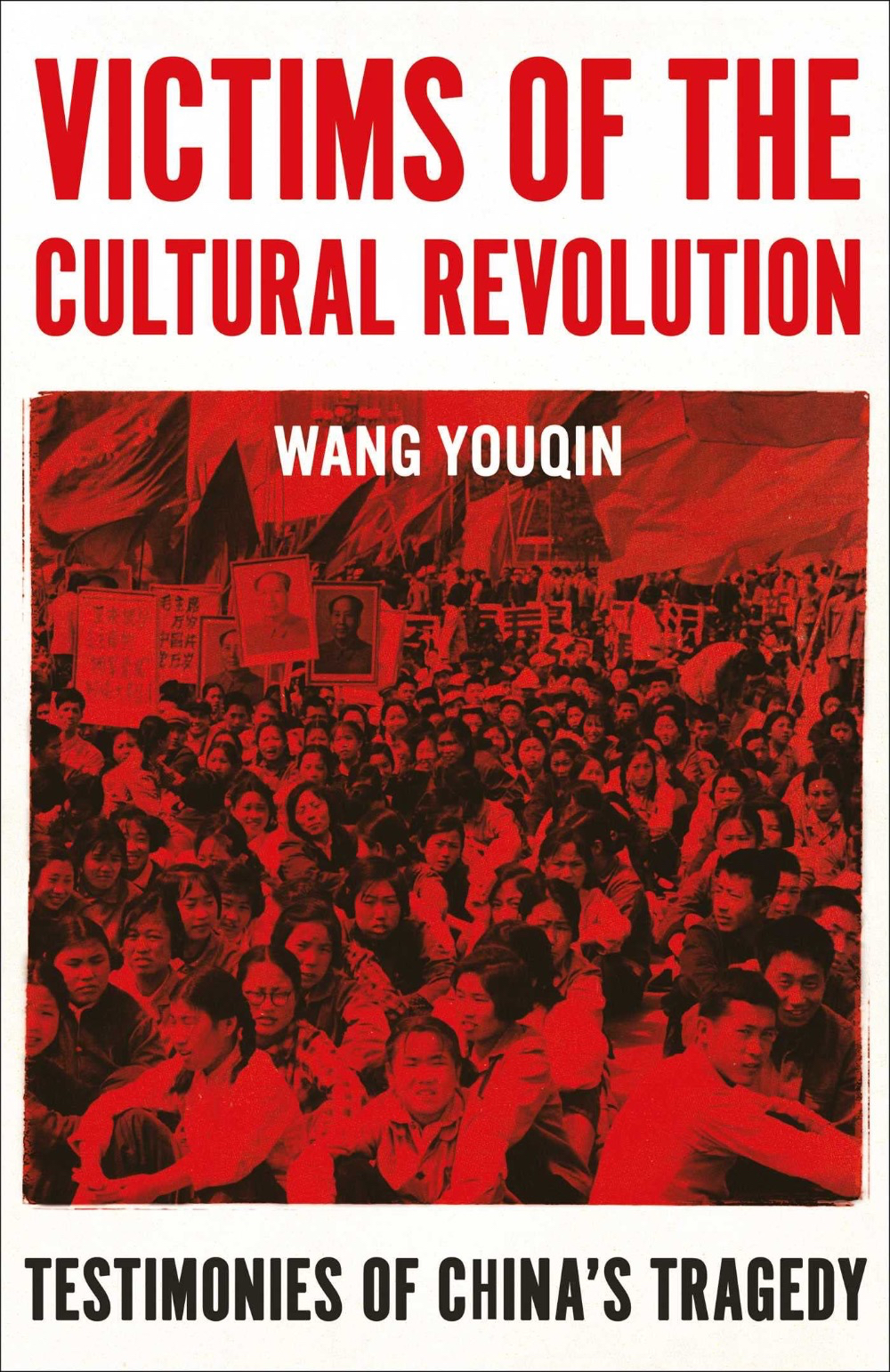
Victims of the Cultural Revolution by Wang Youqin
Victims of the Cultural Revolution | Testimonies of China's Tragedy by Wang Youqin details with individual accounts, the horror the of the Cultural Revolution against the citizens of China. Documenting the deaths of over six hundred individuals, Victims of the Cultural Revolution calls on us to remember the evil ideological fanaticism wreaks and pays tribute to all those who suffered.
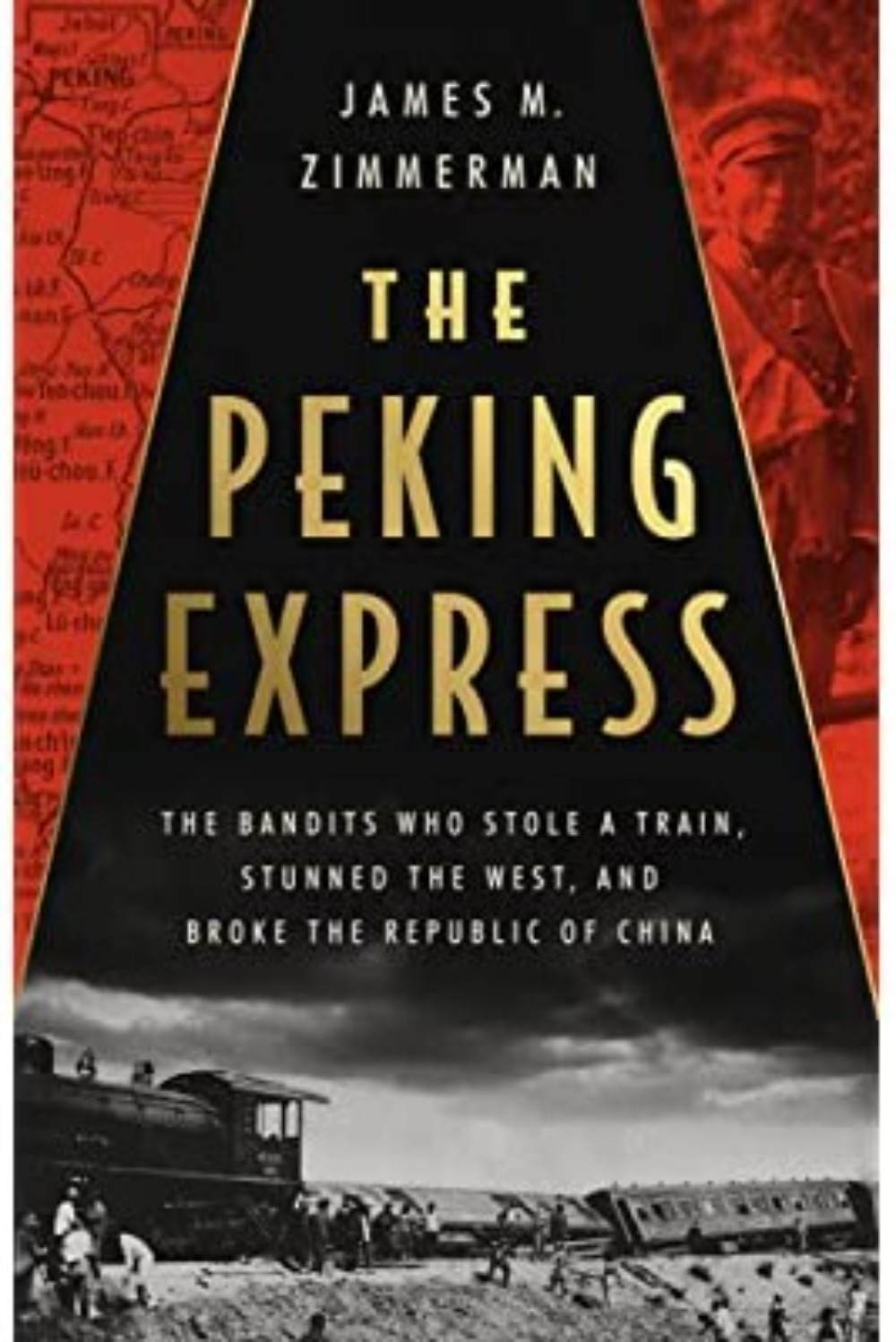
The Peking Express by James M. Zimmerman
The Peking Express | The Bandits Who Stole a Train, Stunned the West, and Broke the Republic of China by James M. Zimmerman examines the high-stakes capture of the Peking Express. The book is the incredible, long-forgotten story of a hostage crisis that shocked China and the West. It vividly captures the events that made international headlines.
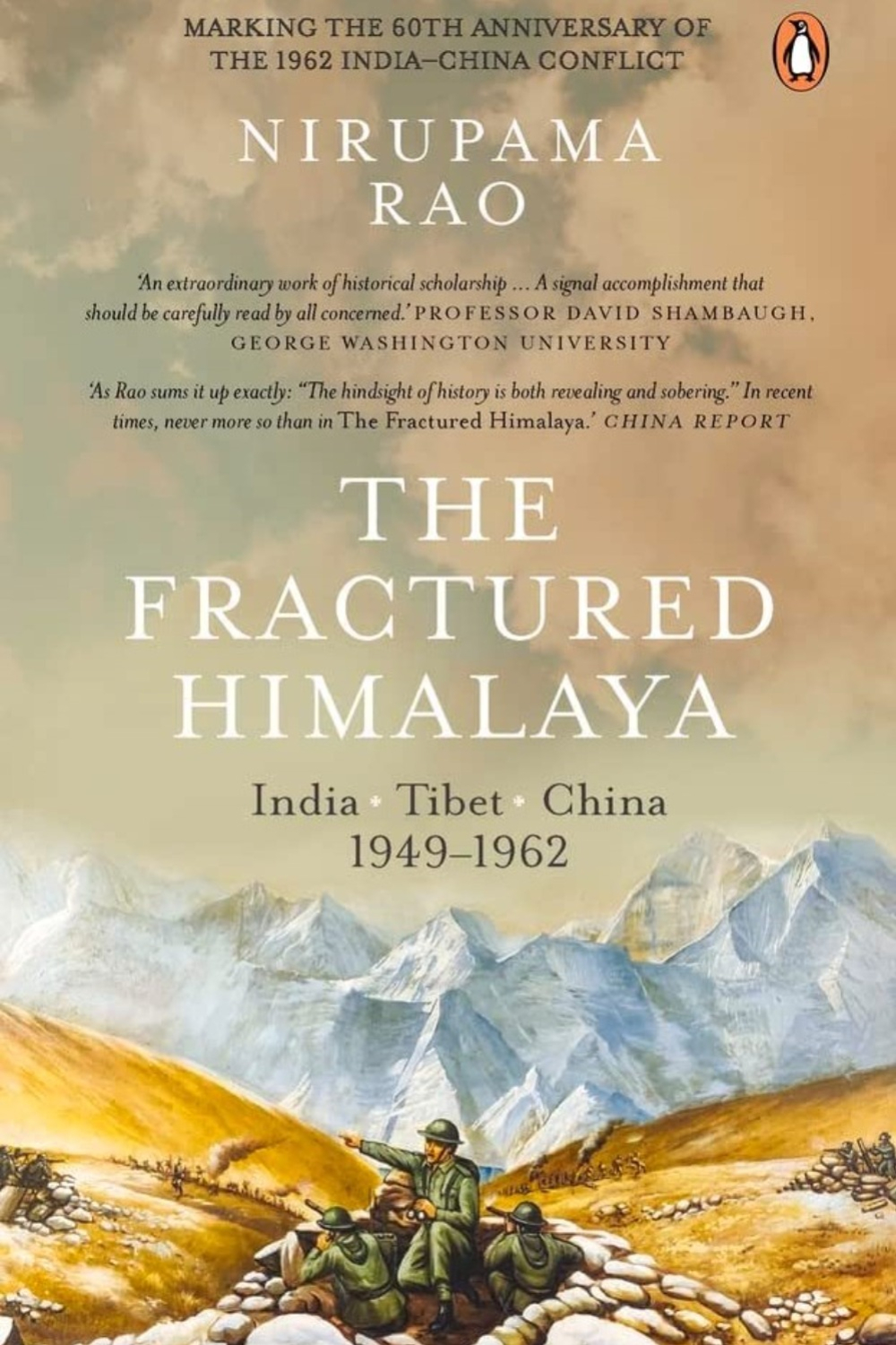
The Fractured Himalaya by Nirupama Rao
The Fractured Himalaya | India Tibet China 1949-1962 by Nirupama Rao explores the dynamics between modern-day India and China during their early development period. The book looks at the inflection points when the trajectory of diplomacy between these two nations could have course-corrected but did not.

